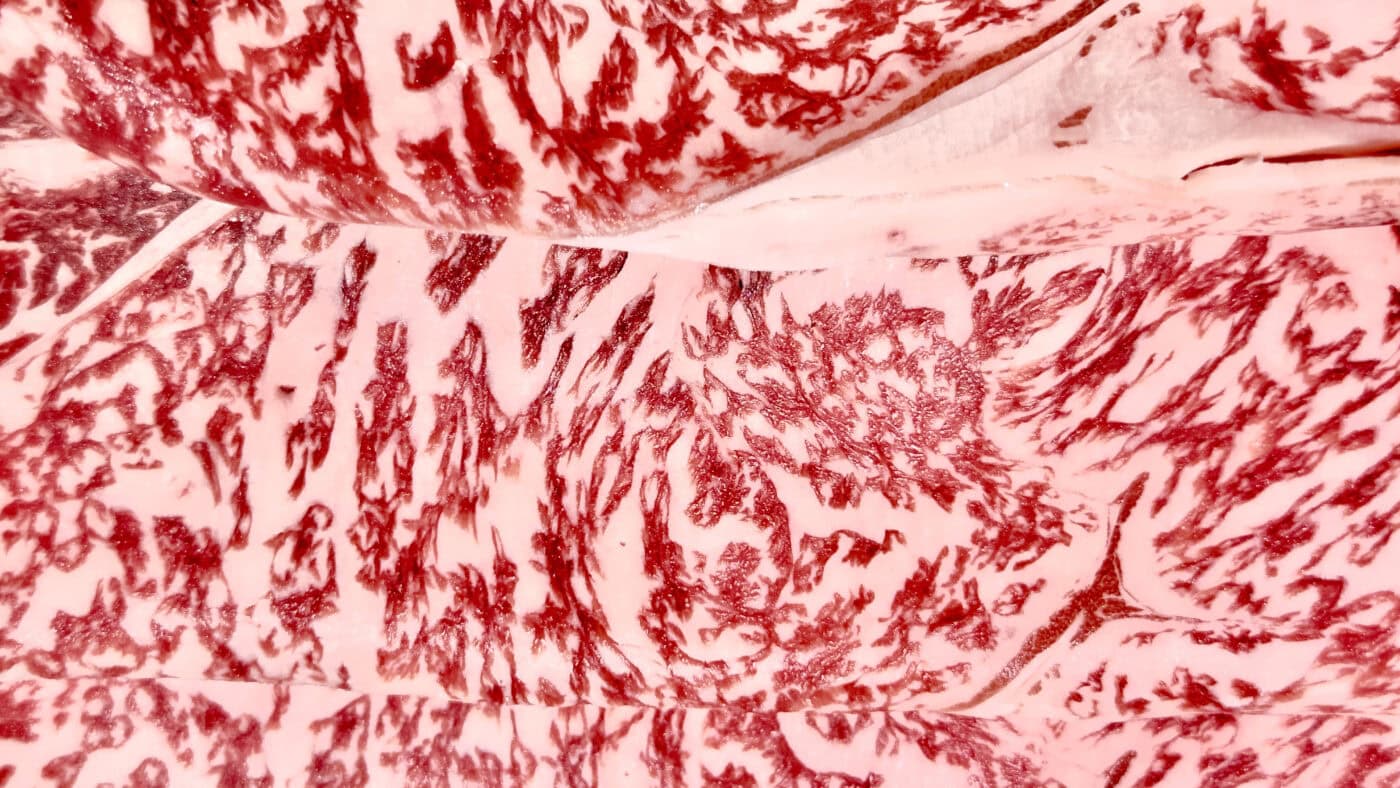The Financial Times has steadfastly campaigned for closer ties between Britain and the EU over recent years. It was therefore delightful that the pink pages broke the news that the UK has become the first European country to approve lab-grown meat.
‘The UK start-up’s CEO and co-founder Owen Ensor said getting approval in the UK had a window of opportunity thanks both to Brexit, which allows divergence from EU regulations, and to the last government’s emphasis on biotech and innovation’, the article says.
So, Britain’s exit from the European Union has not been all bad. It has helped make the UK hospitable for groundbreaking technology. There are real Brexit opportunities. ‘The EU typically has much longer and much more complex regulatory processes’, Ensor said.
There is a bit of a catch to this story. The approval is for chicken cultivated from animal cells only for use in pet food. It came from the Animal and Plant Health Agency, which regulates animal feed, as opposed to the Food Standards Agency, which regulates cultivated meat for human consumption. We are sadly not going to be able to buy cultivated meat at supermarkets imminently.
Nevertheless, this is undoubtedly a step forward. It sends a signal that Britain is somewhere that can approve an important new technology. Also, if we believe the product is good enough for man’s best friends, surely it is now possible to show it is safe for humans? Why, as the product is already for sale in Singapore, can we not begin approvals in the UK?
Last year, I had the opportunity to try a meatball containing cultivated meat at Ivy Farm Technologies, a British start-up in Oxford. It was an entirely unremarkable experience, except for the fact that no animal was killed in its production. The meatball tasted just like conventional meat, unlike the less flavoursome plant-based product.
Ivy Farm told me they were worried about the cumbersome nature of the regulatory processes, called the novel food framework. This is a set of EU rules derived from the food safety panics in the late nineties. Ivy Farm have considered moving to the US, where products are already receiving their first approvals.
There has since appeared to be some movement. Ivy is now reportedly working with Fortnum & Mason to get a world-first cultivated meat scotch egg to market. The UK’s Food Standards Agency has also issued new guidance for cultivated meat. At least one foreign company, the Israeli Aleph Farms, has submitted an application for authorisation in the UK.
But we can still expect this all to be a difficult process. Despite Brexit giving more freedom to UK regulators to adapt their processes and approve products independently, we are still opting to follow the same underlying rules from when we were members of the EU. There are various options for reform, my paper for the Institute of Economic Affairs, ‘Bangers and Cash’, argues for the need to create greater certainty and encourage innovation while maintaining safety standards.
There was even talk in the previous government about reform, though it is unclear where that goes now. If the UK seeks closer ties with the EU, such as a veterinary agreement, there is a risk this could be conditional on the UK opting for ‘dynamic alignment’ with EU standards and approvals. There is also emerging conspiratorial thinking on the right of politics, led by Governor Ron DeSantis of Florida and the Italian government, that seeks to take away consumer choice.
Still, as this latest news shows, the UK has a big opportunity to attract billions in investment and develop a product that is better for the environment and animal rights. Some of this can happen through existing processes. But much more could be done. It will just take some guts, particularly from politicians and regulators, to update the rules that are holding things back.
Click here to subscribe to our daily briefing – the best pieces from CapX and across the web.
CapX depends on the generosity of its readers. If you value what we do, please consider making a donation.


